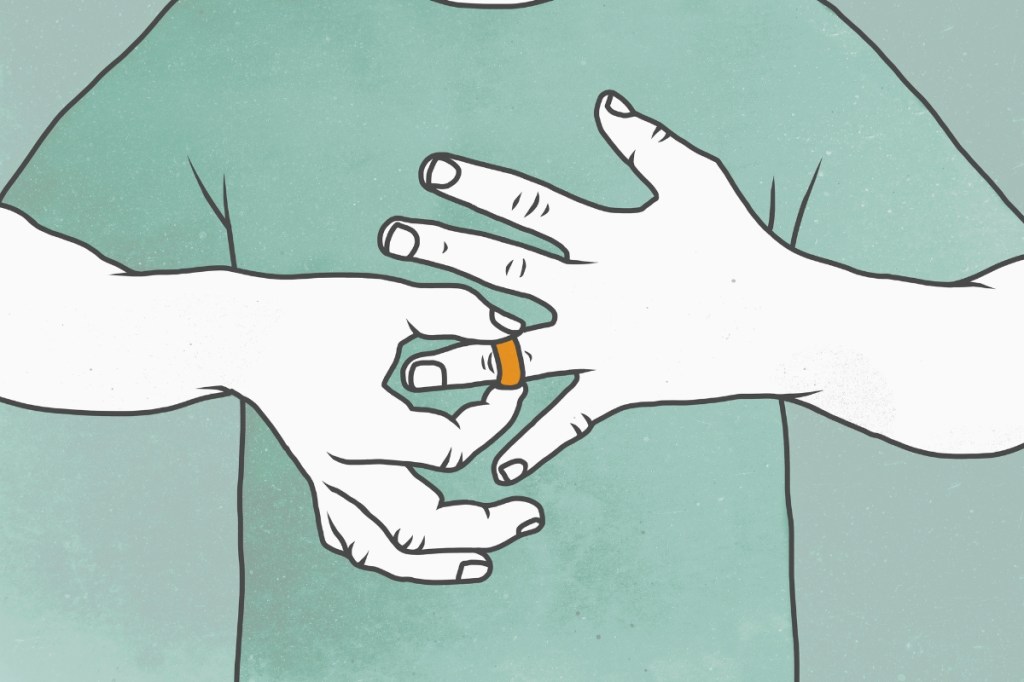I know, I know…another dating term that describes shitty behavior that’s been a thing for decades. But hear me out: microcheating might be happening in your relationship without you even noticing.
Microcheating is basically any sort of action that pushes the boundaries of your relationship without going so far that you’d call it “cheating.” However, its impact can be just as damaging.
Videos by VICE
Now, I think we can all agree that hooking up with another person while in a committed relationship with someone else is cheating—point blank. But some forms of “cheating” are more subjective and depend on the boundaries of a given relationship.
What is Microcheating?
For example, one couple might be completely fine with their partner being friends with an ex and even spending one-on-one time with them, while another might go as far as to consider it “cheating” if there’s any sort of communication between two past lovers. Again, it’s subjective and depends on the boundaries of the relationship.
Now, let’s consider the actual textbook definition of cheating. According to Merriam-Webster, cheating basically means “to violate rules dishonestly.” In a relationship context, however, the definition was a bit clearer: “to be sexually unfaithful.”
Depending on which definition you use, of course, cheating might just mean betraying someone’s rules—or boundaries—of a relationship. The term “infidelity” describes both emotional and physical violations of exclusivity.
But let’s not get too technical here. Even if you wouldn’t technically consider something cheating, there are still some unfaithful acts that could sabotage a connection. For example, in my opinion, emotional cheating is just as—if not more—damaging than physical cheating. This could involve things like confessing romantic feelings to another person outside of your relationship, telling them you’d rather be with them than with your partner, exchanging sexual messages/content, etc.
Then there’s microcheating.
The Post explained that “microcheating” is a term popularized by Australian psychologist Melanie Schilling and includes any behavior you wouldn’t openly tell your partner about. Basically, this can look like sharing intimate details about your relationship with another individual or chatting with someone on social media while actively attempting to hide the conversation from your partner.
Many people don’t even realize microcheating is occurring, or they overlook it because they don’t want to seem “crazy” for getting upset about something that isn’t “that bad.” For example, maybe you noticed your partner is chatting it up with his new co-worker a little more frequently or later into the evening than you’d deem appropriate. You might not mention it because you don’t want to convey that you don’t trust your partner, even though they’re giving more energy to this new person than they are to you.
However, “There isn’t a right and wrong in relationships,” Abby Medcalf, a psychologist in Berkeley, California, and host of the “Relationships Made Easy” podcast, told The Post. “It comes down to preferences.
According to Medcalf, “It’s cheating if your partner doesn’t like it, or doesn’t know about it, or wouldn’t like it if they knew about it.”
Safe rule of thumb? Don’t do anything you wouldn’t want your partner to know about.
More
From VICE
-

De'Longhi Dedica Duo – Credit: De'Longhi -

We Are/Getty Images -

Photo by tang90246 via Getty Images -

Credit: SimpleImages via Getty Images
